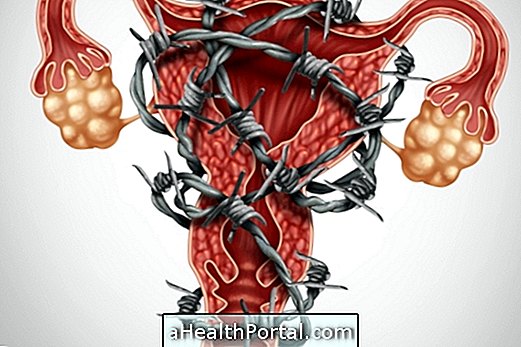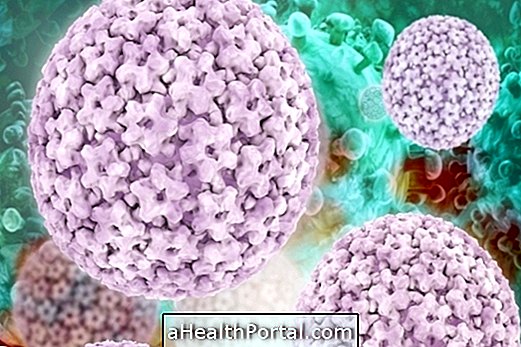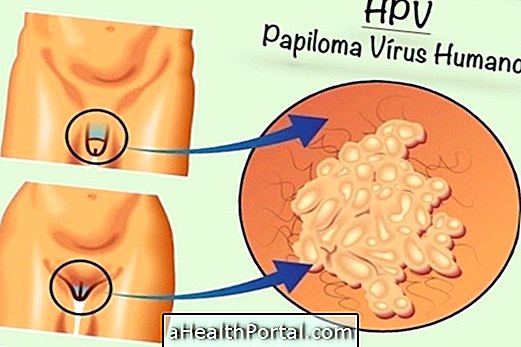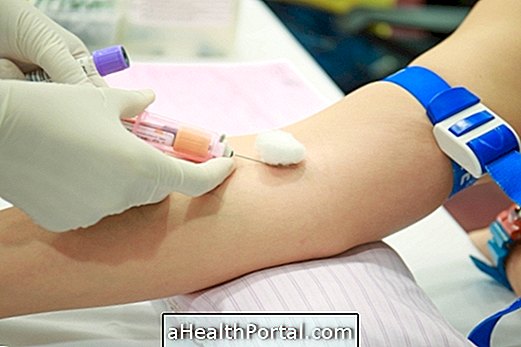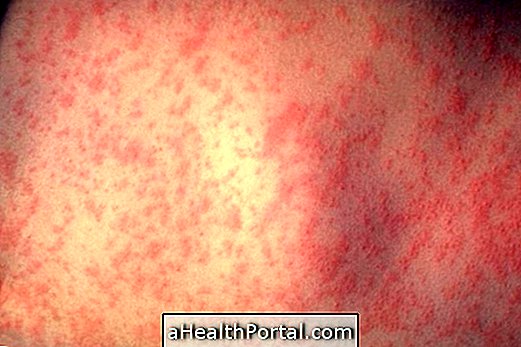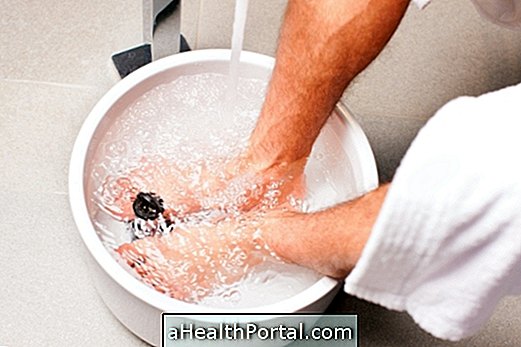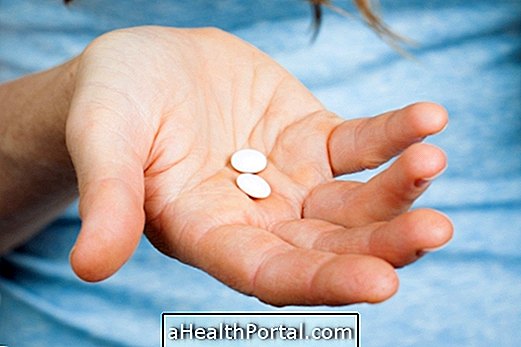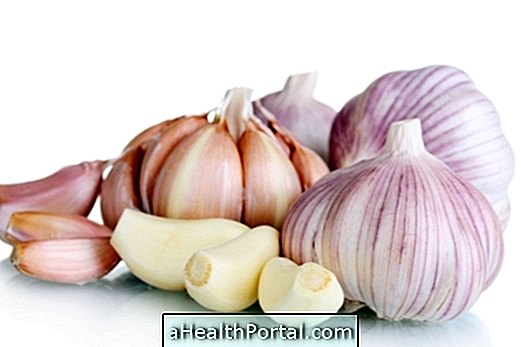Frigidity, also known as a disorder or disorder of female sexual arousal, is a woman's difficulty or inability to maintain vaginal lubrication during sexual activity because she does not feel interest or excitement enough.
Women who have this problem are often seen as cold or icy in bed, and it is important to know how to identify changes in the body and to seek the gynecologist to make the proper treatment and return to a normal sex life.
Symptoms
The symptoms caused by frigidity are usually:
- Reduction or absence of sexual interest;
- Reduction or absence of sexual fantasies and thoughts;
- Lack of initiative to begin intimate contact;
- Lack of desire or response to partner's attempts to have intimate contact;
- Absence or diminution of arousal and feeling of pleasure during intimate contact;
- Absence of sexual excitement when in contact with other forms of pleasure, such as erotic stories, images or sensual movies.
The diagnosis should be made by the gynecologist, and is usually confirmed when there is a present of 3 or more of the symptoms mentioned above.
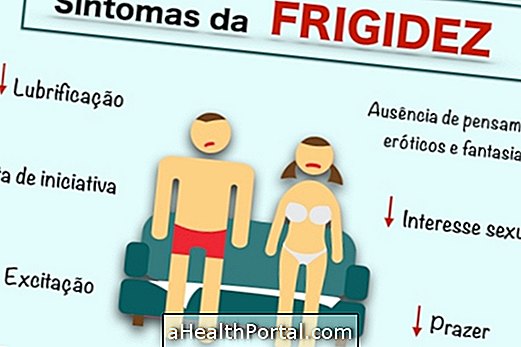
3 Major Causes
Frigidity may arise from psychological, physical, or cultural causes, as shown below:
1. Psychological Factors
It mainly involves problems such as excessive stress, anxiety or depression, but it can also be linked to fear of becoming pregnant or physical or psychological abuse by the partner, which characterize domestic violence.
2. Physical Factors
Problems of hormonal changes, such as hypothyroidism, postpartum and menopause, decrease the production of vaginal lubrication, hindering arousal and pleasure during intercourse.
Another common cause is the use of drugs or medications that interfere with hormone production and libido, such as birth control pills, medicine for pressure, cigarettes, and excessive alcohol.
In addition, surgical procedures in the genitals, such as hysterectomy, can decrease blood flow to that region, also decreasing lubrication and arousal.
3. Cultural Factors
Religious factors, traumas such as sexual abuse or rape, or having a hard sex education that does not allow the woman's pleasure can also cause frigidity and decreased sexual performance.
Treatment
When related to hormonal problems, treatment of frigidity involves treating the underlying disease, such as hypothyroidism, or taking medications with estrogens to improve vaginal lubrication and libido, especially in postmenopausal women.
See foods that boost libido and how to prepare an aphrodisiac meal in the following video:

It is also advisable to have sexual counseling therapy, which helps to reduce anxiety, to better know the body and to improve the relationship with the partner.
In addition, wearing accessories that help lubrication, increase arousal and stimulate orgasm can also help to spice up the intimate relationship.
Know other diseases related to intimate contact:
- How to recognize a Nymphomaniac
- Difficulty reaching orgasm can be illness
